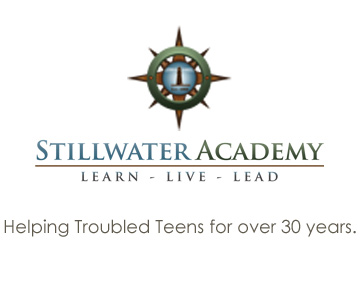|
April, 18 2025
Juvenile Law Glossary |
Residential Treatment Programs
Click on a treatment programs name for more details Advanced Search
What do Residential Treatment Programs for Troubled Teens Do?
A residential treatment program usually offers 24-hour care, varied levels of therapy, education, and a structured environment. Residential treatment programs are usually a long-term placement with placement period of 6-12 months. The long term offers time for significant change in behaviors, attitudes and addictions to occur within a troubled teen, it also decreases the chance that a teen will be able to bluff through his/her problems. Troubled teens are usually placed in residential treatment programs with problems such as failing in school, eating disorder, mild drug abuse, defiant behavior, running away, attachment disorder, depression, manipulation, low self-esteem, and general rebellion to name a few. Some treatment programs may choose to specialize in one category or another. Most programs will not accept troubled teens with a history of violence, or very low IQ (e.g. Below 60). Residential treatment programs should not be confused with acute residential treatment centers which offer short-term medical and psychiatric care for teens who may exhibit such signs as attempted suicide.
Treatment within Residential Treatment Programs
Treatment within a residential program varies and may include group therapy, individual therapy, equine therapy, Alcoholics Anonymous, 12 Step programs, etc.. Programs may also base treatment on a positive peer culture environment, in which teens hold other teens accountable for their behaviors. It is best to inquire when searching for a program to know what types of therapy are offered. It is also a good idea to ask parents that have participated in any given program what their feelings are about the type of treatment offered-asking is always helpful, especially if you are in the same boat as the hundreds of other parents- looking at treatment options for the first time. The effectiveness of residential treatment programs was shown in a NIDA-sponsored nationwide study of drug abuse treatment outcomes. The Drug Abuse Treatment Outcome Study (DATOS) tracked 10,010 drug abusers in nearly 100 treatment programs in 11 cities who entered treatment between 1991 and 1993. The study showed that residential treatment programs yielded significant declines in drug use.
Good to note:
- Residential treatment programs are usually licensed for treatment within their respective states and are required to renew that license on an annual basis.
- Educational consults frequently recommend a residential treatment program as a follow to therapy begun in a wilderness program.
- Insurance may help cover a portion of residential costs. This portion varies from provider to provider and program to program, but is usually small.
- Many programs may be nationally affiliated with great organizations such as NATSAP (national association of therapeutic schools and programs).
Residential Treatment Programs : Search Tips
Many parents just like you who are searching for a program to help their troubled teen have wondered, "How do I find the right residential treatment program for my troubled teen anyway?"More...
Residential Treatment Programs - eProgramSearch.com







